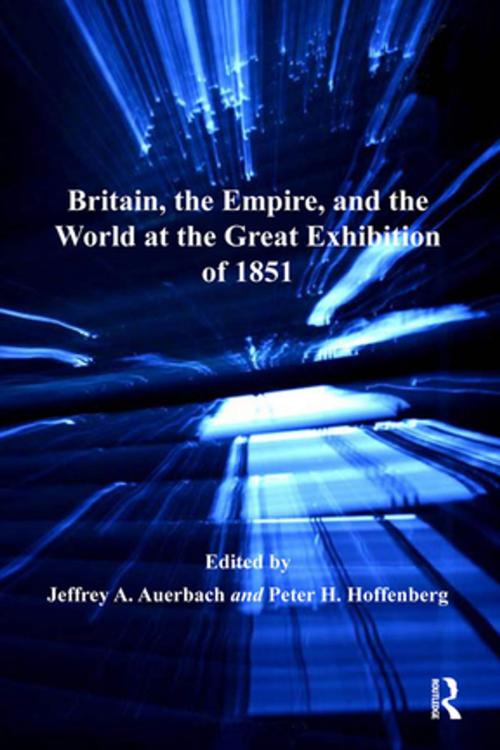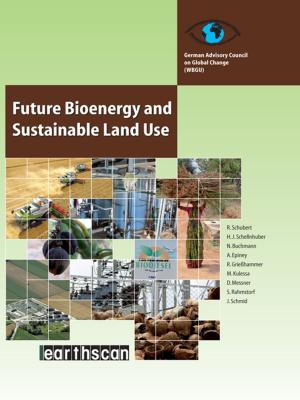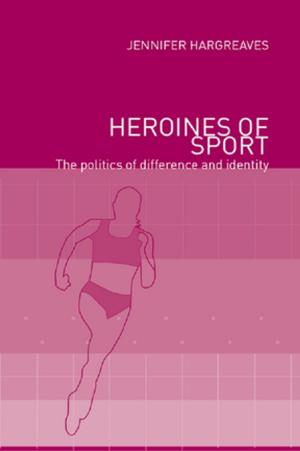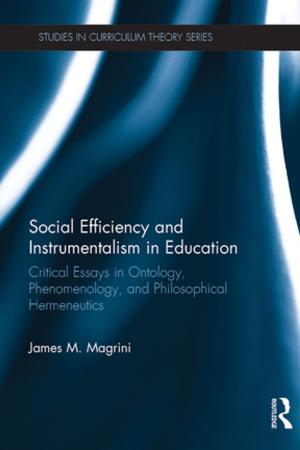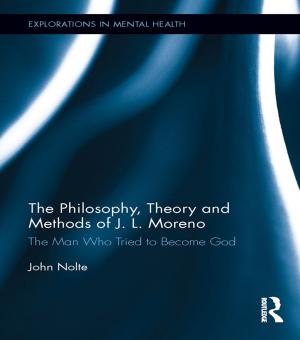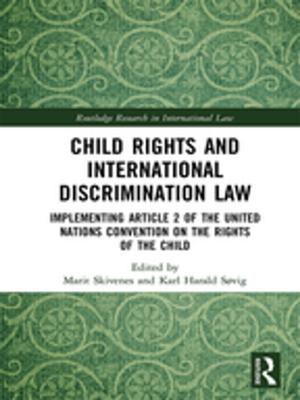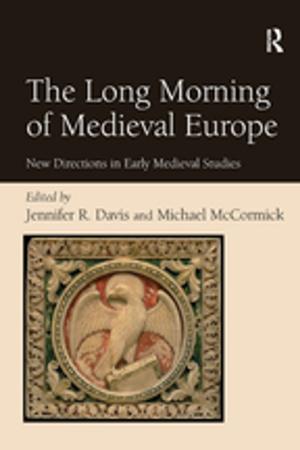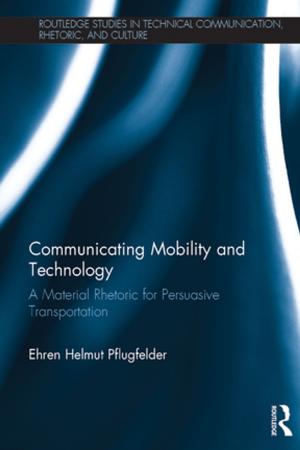| Author: | Jeffrey A. Auerbach | ISBN: | 9781317172260 |
| Publisher: | Taylor and Francis | Publication: | April 15, 2016 |
| Imprint: | Routledge | Language: | English |
| Author: | Jeffrey A. Auerbach |
| ISBN: | 9781317172260 |
| Publisher: | Taylor and Francis |
| Publication: | April 15, 2016 |
| Imprint: | Routledge |
| Language: | English |
Britain, the Empire, and the World at the Great Exhibition is the first book to situate the Crystal Palace Exhibition of 1851 in a truly global context. Addressing national, imperial, and international themes, this collection of essays considers the significance of the Exhibition both for its British hosts and their relationships to the wider world, and for participants from around the globe. How did the Exhibition connect London, England, important British colonies, and significant participating nation-states including Russia, Greece, Germany and the Ottoman Empire? How might we think about the exhibits, visitors and organizers in light of what the Exhibition suggested about Britain’s place in the global community? Contributors from various academic disciplines answer these and other questions by focusing on the many exhibits, publications, visitors and organizers in Britain and elsewhere. The essays expand our understanding of the meanings, roles and legacies of the Great Exhibition for British society and the wider world, as well as the ways that this pivotal event shaped Britain’s and other participating nations’ conceptions of and locations within the wider nineteenth-century world.
Britain, the Empire, and the World at the Great Exhibition is the first book to situate the Crystal Palace Exhibition of 1851 in a truly global context. Addressing national, imperial, and international themes, this collection of essays considers the significance of the Exhibition both for its British hosts and their relationships to the wider world, and for participants from around the globe. How did the Exhibition connect London, England, important British colonies, and significant participating nation-states including Russia, Greece, Germany and the Ottoman Empire? How might we think about the exhibits, visitors and organizers in light of what the Exhibition suggested about Britain’s place in the global community? Contributors from various academic disciplines answer these and other questions by focusing on the many exhibits, publications, visitors and organizers in Britain and elsewhere. The essays expand our understanding of the meanings, roles and legacies of the Great Exhibition for British society and the wider world, as well as the ways that this pivotal event shaped Britain’s and other participating nations’ conceptions of and locations within the wider nineteenth-century world.
